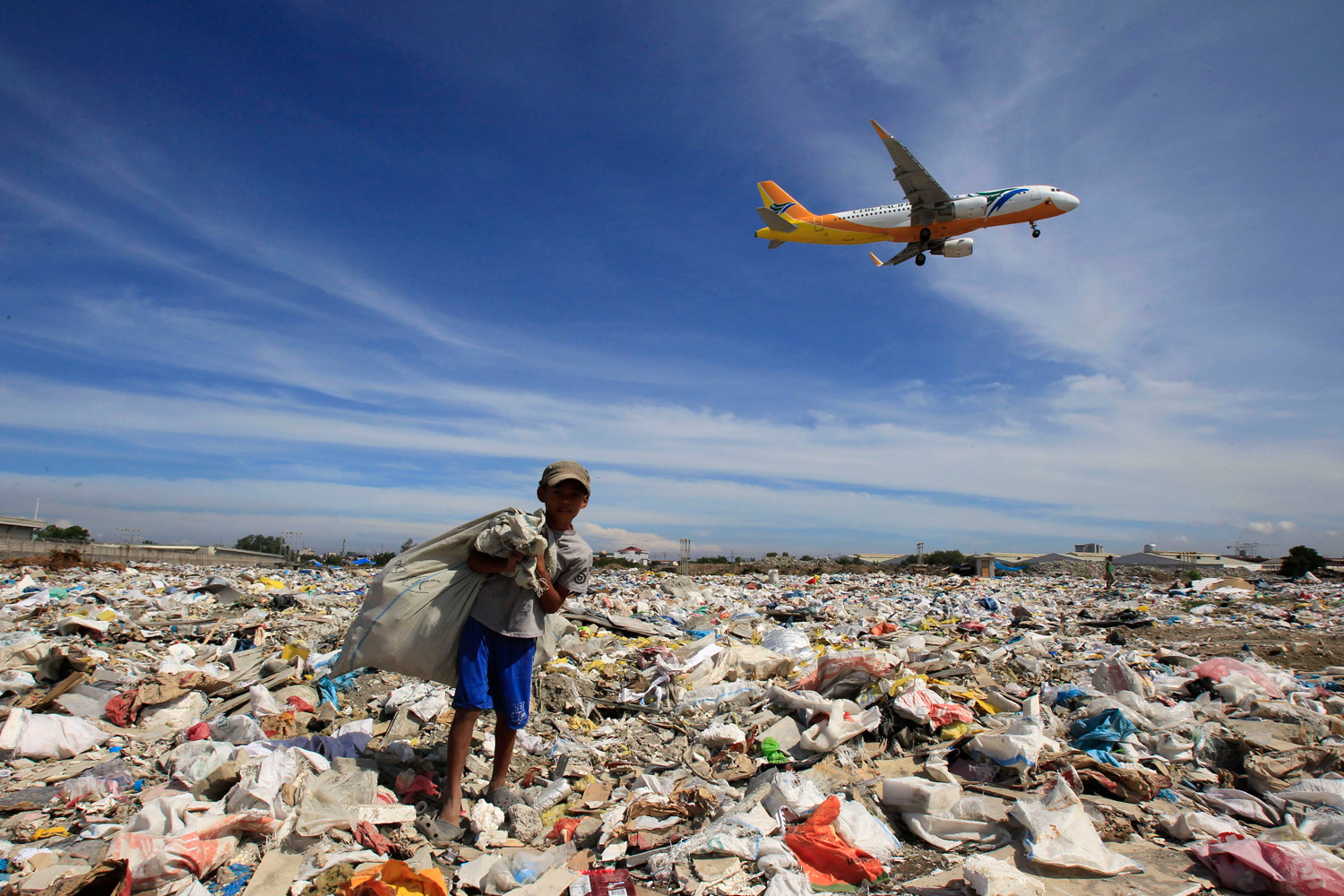
Climate Change Is a People’s Shock Climate Change Is a People’s Shock
What if, instead of accepting a future of climate catastrophe and private profits, we decide to change everything?
Sep 16, 2014 / Naomi Klein
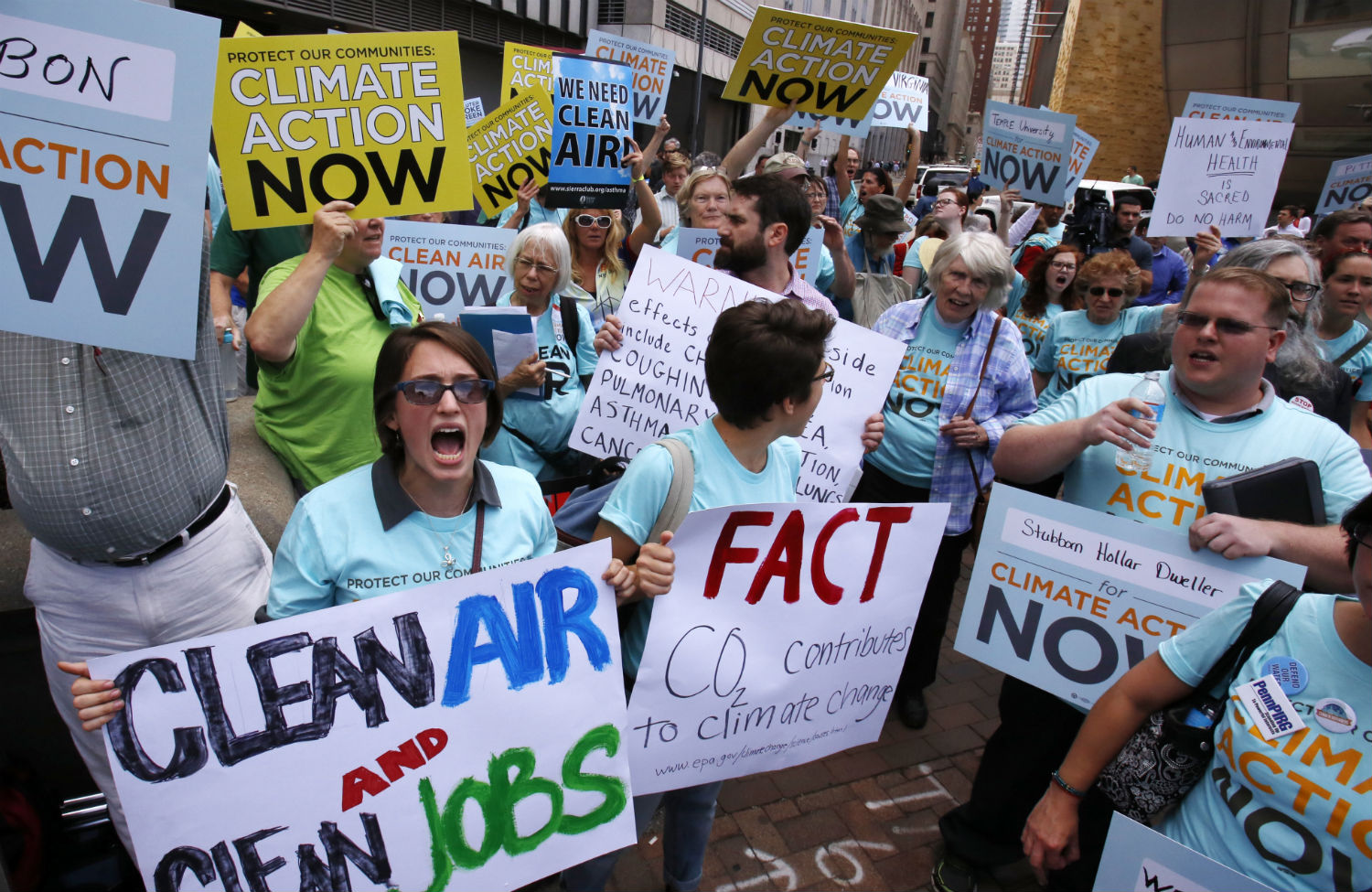
How to Define Success for the People’s Climate March How to Define Success for the People’s Climate March
Organizers want to transform the image of the climate movement from one dominated by white liberals to one populated by the entire spectrum of race and class in America.
Sep 16, 2014 / Mark Hertsgaard
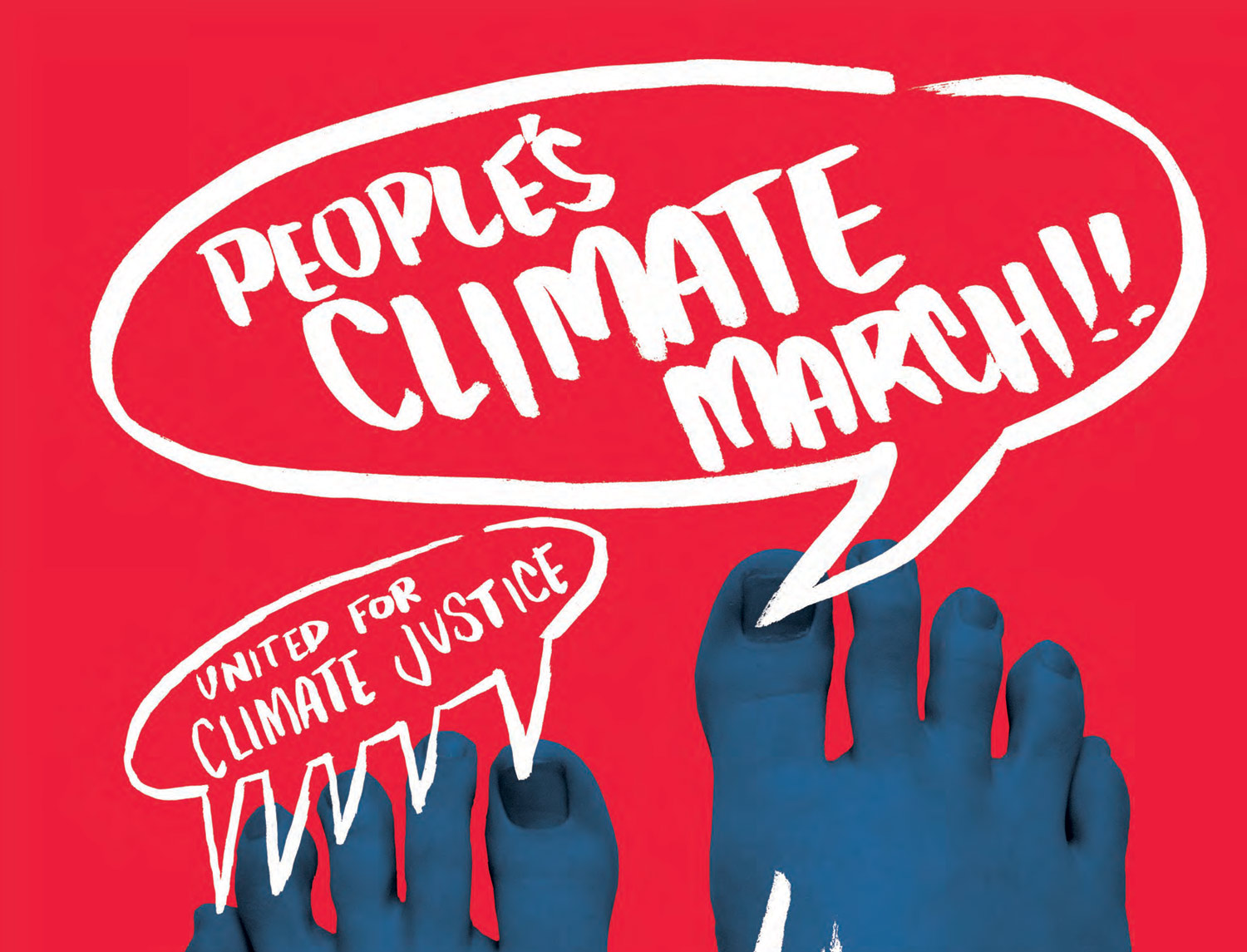
Why We’ll Be Marching in the Largest Climate Change Demonstration in History Why We’ll Be Marching in the Largest Climate Change Demonstration in History
At the People’s Climate March in New York City on September 21, there’s a world to march for.
Sep 15, 2014 / Eddie Bautista, LaTonya Crisp-Sauray, and Bill McKibben

WATCH: Naomi Klein on How Capitalism Is Destroying Our Fragile Climate WATCH: Naomi Klein on How Capitalism Is Destroying Our Fragile Climate
A special discussion on how to tackle the most profound threat humanity has ever faced.
Sep 11, 2014 / The Nation
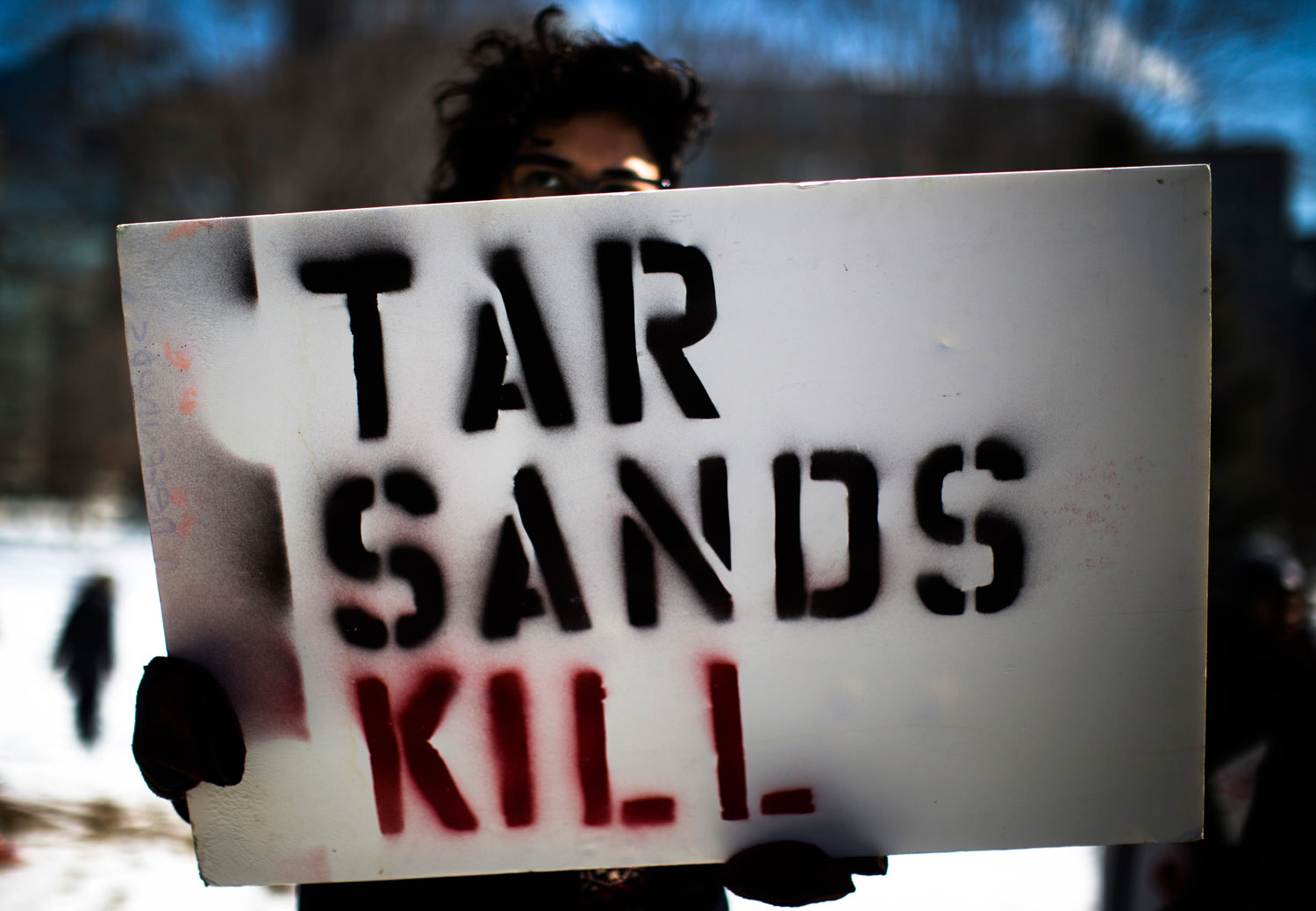
How First Nations in Canada Are Winning the Fight Against Big Oil How First Nations in Canada Are Winning the Fight Against Big Oil
Recent militant action in Canada is leading a global movement to protect frontier resources.
Sep 10, 2014 / Audrea Lim

Charges Were Just Dropped Against These Climate Activists in the Most Stunning Way Charges Were Just Dropped Against These Climate Activists in the Most Stunning Way
In a remarkable turn of events, a Massachusetts DA drops charges against climate activists—and then defends them.
Sep 8, 2014 / Wen Stephenson

How Did Oil Make a Comeback? How Did Oil Make a Comeback?
Just five years ago, experts were predicting an imminent peak and decline in global oil production. Instead, we’re in the middle of a historic boom. What happened?
Sep 4, 2014 / Michael T. Klare

Three Poems to Get You Through the Drought Three Poems to Get You Through the Drought
"Outside, the ground separates, / breaking open like sores..."
Sep 3, 2014 / Books & the Arts / Richard Kreitner and Back Issues
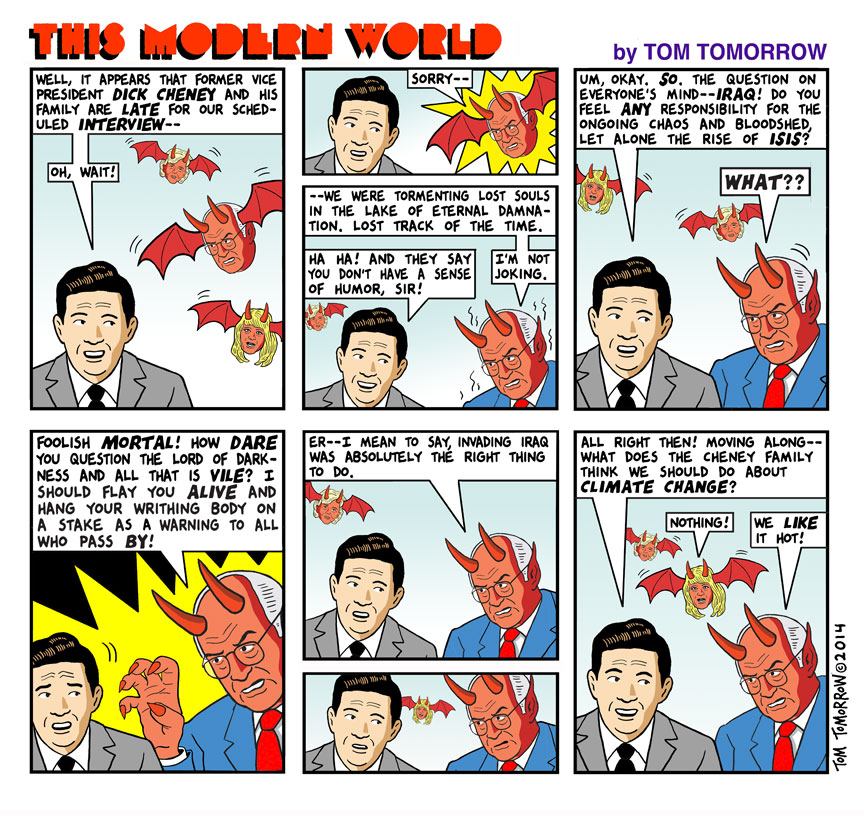
Brief Interviews With the Hideous Cheneys Brief Interviews With the Hideous Cheneys
The Cheney family takes a break from their busy lives (of being generally horrible) to answer some questions.
Sep 2, 2014 / Tom Tomorrow
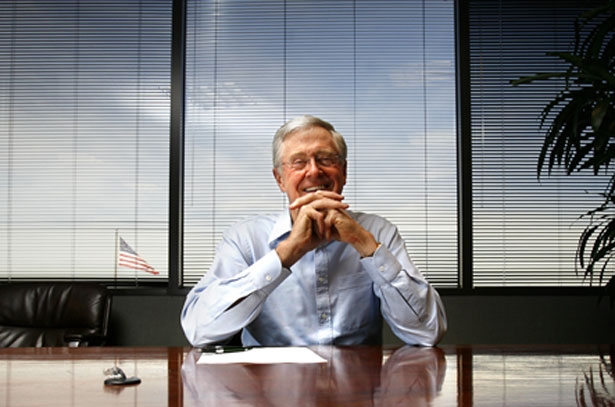
Charles Koch Personally Founded a Group Protecting Oil Industry Handouts Charles Koch Personally Founded a Group Protecting Oil Industry Handouts
Documents reveal Charles Koch founded the group that’s protecting oil industry handouts.
Aug 29, 2014 / Lee Fang
